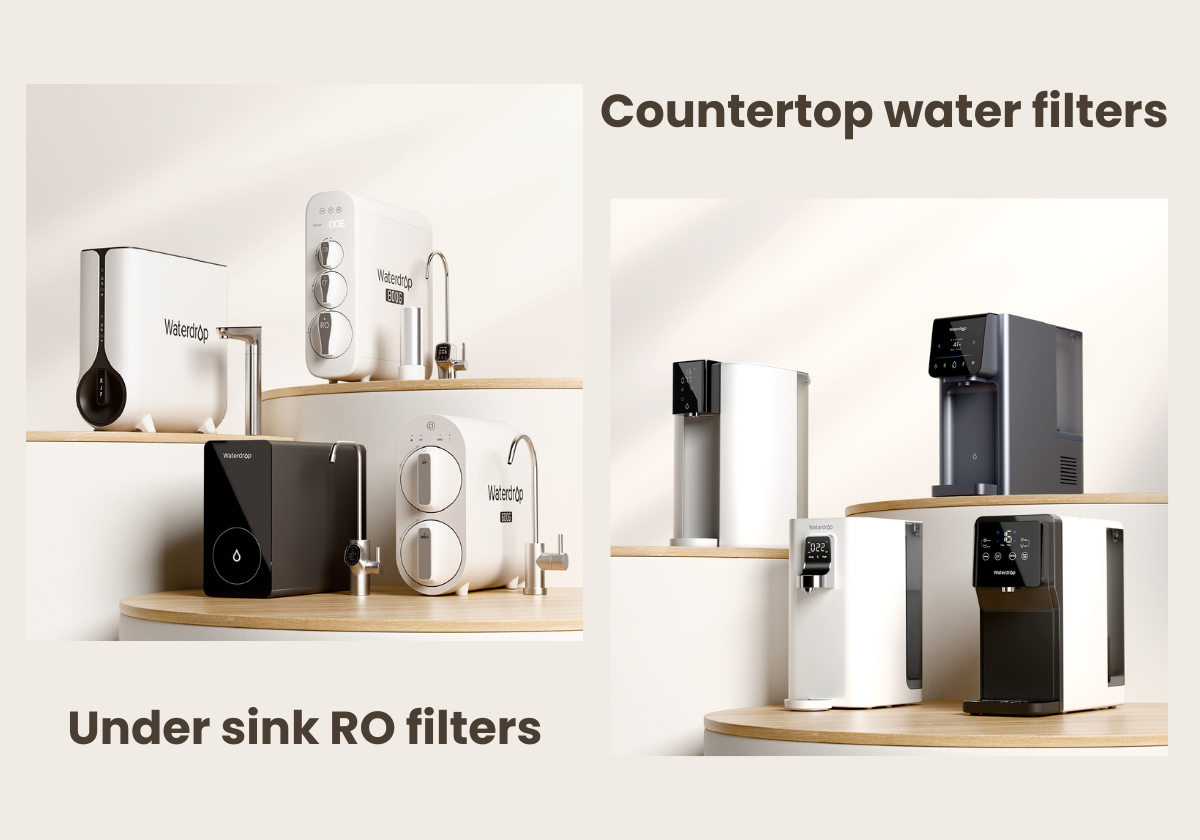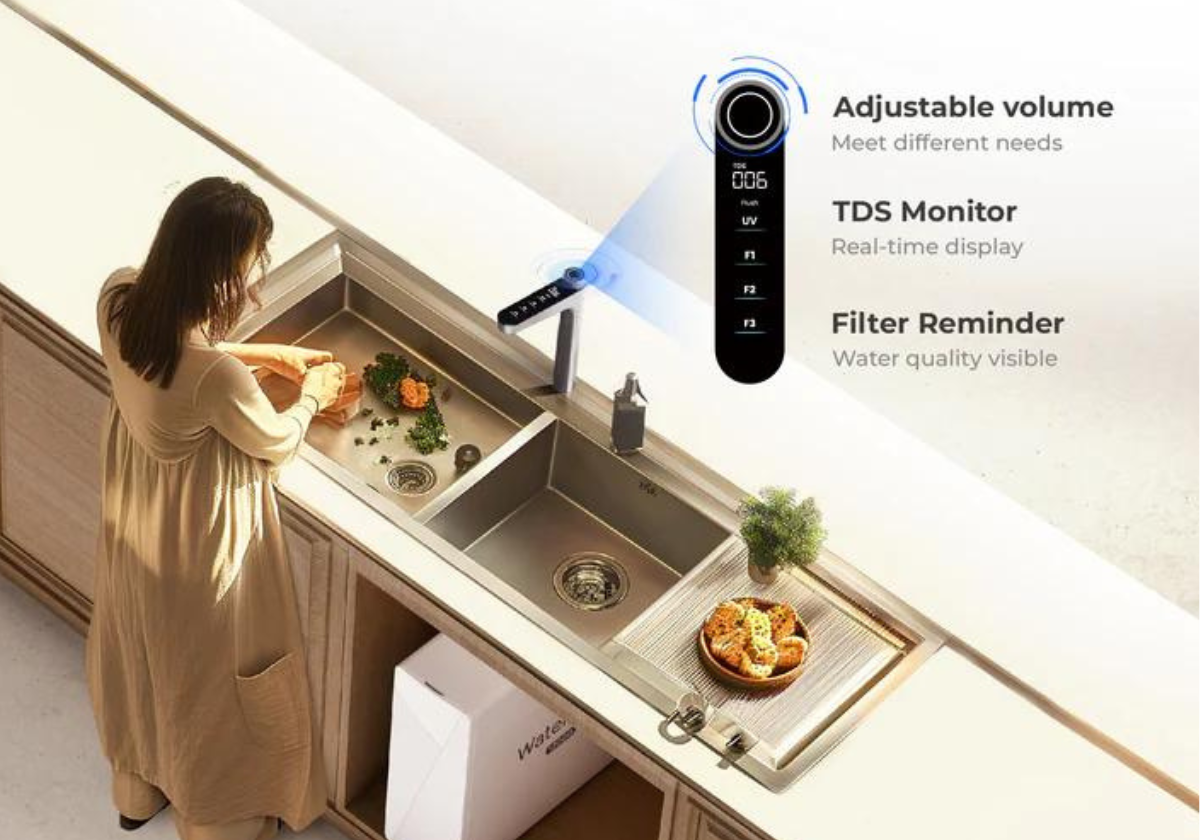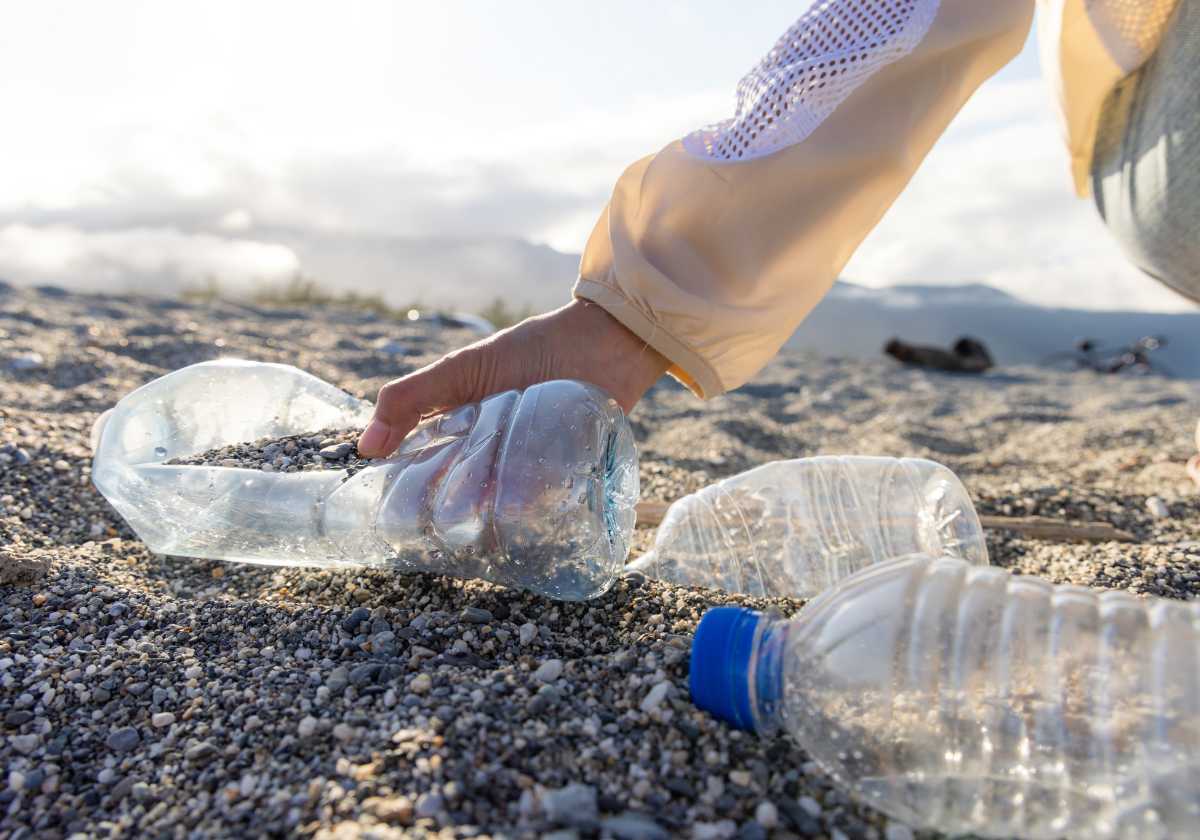In today’s world, choosing between filtered and bottled water has become a significant decision for many people due to the growing recognition of technology as a significant factor and environmental and water quality concerns.
This blog post aims to provide a comparative analysis of the costs, qualities, and environmental impacts of the two options so that any discerning consumer, health enthusiast, or homeowner can make an informed choice.
The Growing Concern for Environmental Impact and Water Quality
More people are closely examining the sources of their drinking water due to rising health and environmental concerns. Three primary factors are frequently at the center of the debate between bottled and filtered water: cost, quality, and environmental impact.
In-depth discussion of these factors will be provided in this post, along with insightful advice to help you choose the option that best suits your values and way of life.

Evaluating the Expense of Filtered Water versus Bottled Water
When determining whether purchasing a water filter is more affordable than purchasing bottled water, cost is a factor to take into account. Purchasing a water filtration system could initially appear expensive, but let’s break it down.
Household water filters range in price from $20 for basic models to $100 for upgraded versions, with advanced filters costing as much as $500. Replacement cartridges for these filters typically cost between $20 and $50, and they should be changed every few months.
On the other hand, since it’s an added expense, bottled water can get rather pricey. For instance, if you purchase two water bottles every day at a cost of one dollar each, you will have spent about $730 annually.
Analysis of Operating and General Costs
Although the initial cost of a water filter may be high, subsequent costs are significantly lower. You may have to replace filter cartridges alone twice a year, at a cost of $100 to $200. Bottled water, on the other hand, usually has a much higher ongoing cost, particularly for larger households. For example, bottled water can cost a family of four up to $3,000 a year.

Water Quality: A Comparison of Safety and Health
Mineral content, health benefits, and the impact of contaminants are just a few of the variables to consider when comparing the safety and health aspects of filtered versus bottled water. A thorough examination of the distinctions and benefits between the two aids in our decision-making.
Analysis of the Health Benefits and Mineral Content
Regarding health benefits, filtered water preserves important minerals that are good for you, like magnesium and calcium. Even better, the Waterdrop reverse osmosis water filter X12 replenishes lost beneficial minerals. Not only does weak alkaline water have health benefits, but it also has a smooth taste that brings out the flavors.
Common Contaminants: An Overview and Their Effects
Although bottled water is frequently promoted as being safer and cleaner, this isn’t always the case. Research has indicated that certain water bottles are contaminated with other substances and microplastics. However, a high-quality water filter can efficiently eliminate dangerous impurities like lead, chlorine, and bacteria, guaranteeing that the water you drink is pure and safe.
The quality and safety of bottled water can differ based on the supplier and brand. Some brands might not live up to the same standards as others, even though many are put through rigorous testing and quality control. When a certified filtration system is used, filtered water provides dependable and constant water quality.

Environmental Effects: An Extensive Exam
The negative effects of drinking bottled water, particularly the carbon footprint associated with the bottling and transportation of the water, have been extensively documented in the literature. A lot of energy and fossil fuels are used in the production of plastic water bottles. Additionally, there are greenhouse gas emissions associated with purchasing bottled water that has been produced, sealed in a PET bottle, shipped to the store, and then delivered to your house.
Filtered water has a far smaller carbon footprint than tap water, which is quite large. The use of the filter cartridges themselves has the greatest environmental impact once the filtration system is installed. In the long run, this makes filtered water a more sustainable choice.
Prohibition of Plastic Bag Use and Summary of Recycling Situation
The problem with plastics is another issue associated with bottled water. Unfortunately, millions of empty bottles end up in landfills or get washed into the ocean. According to EPA estimates, only 30% of plastic water bottles are recycled in the United States, meaning the remaining bottles contribute to pollution.

Because tap water doesn’t need to be in a plastic bottle, a filter significantly reduces the usage of plastics. It is the proper approach to promote a sustainable world that they have urged people to acquire a home water filter and use reusable water bottles.
Choosing: Things to Take into Account
A multitude of factors need to be considered when choosing between bottled and filtered water. These encompass not only our personal health but also the environment, affordability, and convenience.
Considerations for Individual Health
The most crucial factor to consider when choosing between filtered and bottled water is your personal health. By eliminating lead and chlorine from your drinking water, a Waterdrop water filter can ease your mind if these are contaminants you are worried about. Filtered water also keeps important minerals that are good for your health.
Sustainability and the Environment
Bottled water has an environmental impact that consumers who care about the environment cannot ignore. Waste and pollution are greatly increased by the manufacture and disposal of plastic water bottles. Selecting filtered water makes more sense environmentally because it lessens your carbon footprint and contributes to the fight against plastic pollution.

Cost and Practicality
Convenience and affordability are two more crucial considerations. A water filter system can be more expensive initially, but in the long run, the savings make it an economical option. It also saves a lot of time and effort to not have to make frequent trips to buy bottled water when you have access to clean, filtered water at home.
Final Thoughts
Lastly, responses to the following questions that were posed at the start of the work must be given: If you have to choose between filtered water and bottled water, which is more important: the cost, the quality, or the impact on the environment? Filtered drinking water has a minimal environmental impact, is consistent and of high quality, and makes a lot of sense in the long run. On the other hand, while using bottled water can also be comfortable, it comes at a higher cost and causes more environmental damage.





